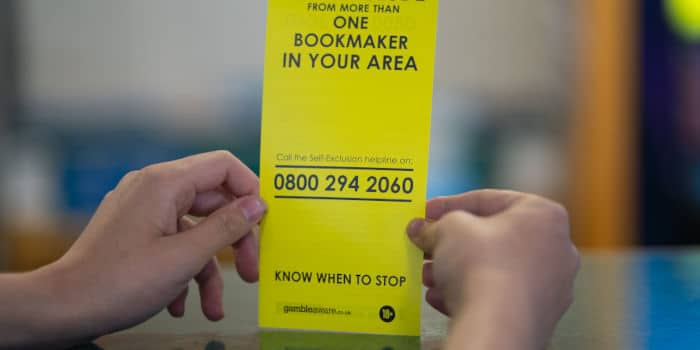- Casino
- By State
- Alabama
- Alaska
- Arizona
- Arkansas
- California
- Colorado
- Connecticut
- Delaware
- Georgia
- Florida
- Hawaii
- Idaho
- Illinois
- Indiana
- Iowa
- Kansas
- Kentucky
- Louisiana
- Maine
- Massachusetts
- Maryland
- Michigan
- Minnesota
- Mississippi
- Missouri
- Montana
- Nebraska
- Nevada
- New Hampshire
- New Jersey
- New Mexico
- New York
- North Carolina
- North Dakota
- Ohio
- Oklahoma
- Oregon
- Pennsylvania
- Rhode Island
- South Carolina
- South Dakota
- Tennessee
- Texas
- Utah
- Vermont
- Virginia
- Washington
- West Virginia
- Wisconsin
- Wyoming
- By State
- Slots
- Poker
- Sports
- Esports
Seneca Nation Wants a Court to Decide if New York Casino Compact is Still Valid

A treaty from 1794, signed by George Washington, might play a role in resolving an ongoing conflict between the Seneca Nation of Indians and New York State. The two have been fighting over the validity of a gaming compact that was first introduced in 2002, but which may – or may not – have expired in 2016. Therein lies the dispute and the Canandaigua Treaty of 1794 is now making a reappearance as the Seneca ask a federal court to step in and resolve the debate.
Seneca Tribe Owes Hundreds of Millions of Dollars
According to New York, when the gaming compact expired in 2016, it automatically renewed with the same provisions. The tribe, however, doesn’t see it this way. The state believes that it is owed hundreds of millions of dollars since the Seneca Nation stopped its revenue-sharing contributions and, five years later, the dispute is no closer to finding a solid resolution.
The Seneca Nation now hopes that a federal court will be able to make things right. It announced last Friday that it had filed a motion with the court so a legal decision could be made, and Seneca President Matthew Pagels stated, “Specifically, we disagree whether the payments are still required during the complex seven-year renewal period. In March, I invoked the provisions of the Canandaigua Treaty of 1794 to request assistance from United States government to review whether the compact payment provisions are lawful.”
In 2019, Senior US District Court Judge William Skretny determined that a previous decision by an arbitration panel that the tribe had to continue its payments was correct. This past February, the US Court of Appeals for the Second Circuit upheld that ruling. For the 14 years the compact was in place, New York received $1.4 billion, but the Seneca Nation believes that the terms of the agreement did not automatically roll over and hasn’t made any additional payments.
Law Might Be on the Seneca Nation’s Side
The Court of Appeals decided that it didn’t need to confer with the DOI because, according to the judges, contracts are a court matter. The tribe – and most likely the DOI – disagree. Pagels and the tribe might have already gotten support for its case from the Department of the Interior (DOI), which oversees virtually all matters pertaining to states and native Indian tribes. Pagels added that the tribe had been notified by the DOI that there were “concerns” over the legality of the disputed payments in relation to the Indian Gaming Regulatory Act. The letter specified that, since the Secretary of the Interior never reviewed or approved the payments, then the tribe might have legal grounds to suspend them, at least temporarily.
Pagels expects to receive a response within 45 days, much less time than the “months or even years” that would be needed through litigation. The Treaty of Canandaigua has been brought in, citing the “perpetual friendship and peace” that the treaty established between the US and the Six Nations tribes. Article VII of that treaty provides a mechanism for the tribes to seek resolution to disputes through the individual the POTUS appoints to intervene and the Seneca Nation hopes that it can call upon that person, now the Secretary of the Interior, to help put this issue to rest once and for all.
Related Topics:
Erik brings his unique writing talents and storytelling flare to cover a wide range of gambling topics. He has written for a number of industry-related publications over the years, providing insight into the constantly evolving world of gaming. A huge sports fan, he especially enjoys football and anything related to sports gambling. Erik is particularly interested in seeing how sports gambling and online gaming are transforming the larger gaming ecosystem.
More Articles





Industry
July 15, 2025
UK Considers Gambling Tax Hike to Fill Budget Gap

Poker
July 15, 2025
Leo Margets, Ready for Historic WSOP Final Table

Casino
July 15, 2025
Uno Is Coming for Casinos in the United States

Industry
July 14, 2025
GambleAware Launches Milestone Self-Awareness App











